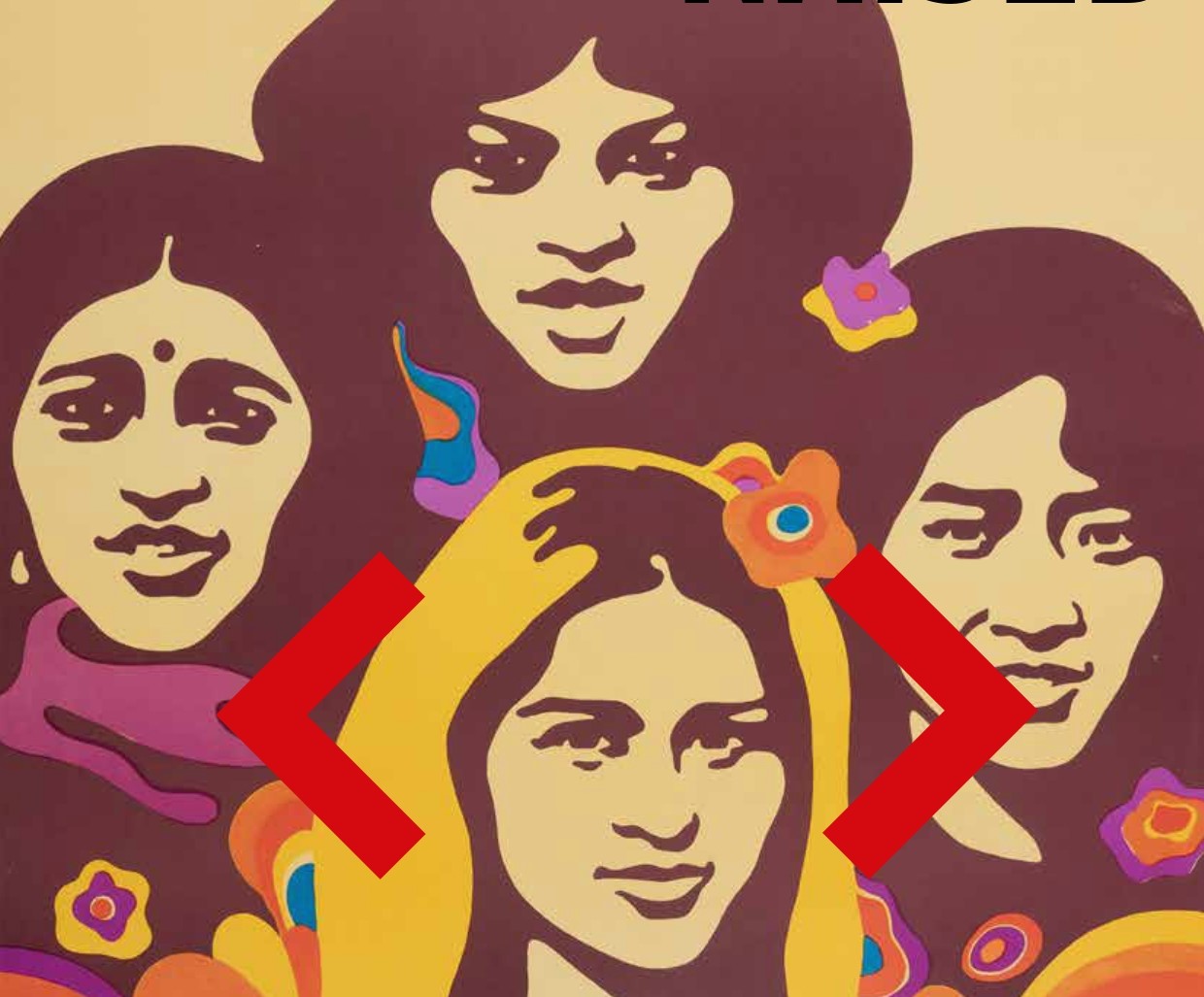
Poster women are symbols. They value life and unconditional love and represent opposing qualities such as practicality and spirituality, tenderness and strength. The posters have both aesthetic and commercial purposes and they also convey ideological messages.
The Danish Cultural Institute in Estonia, Latvia and Lithuania and the Estonian History Museum have put together a joint visual art exhibition “Women on posters. Estonian, Danish and Chinese ideological posters”, which traces the development of women’s rights from 1940 to 1980 through provocative and engaging poster art. The visually attractive posters reveal the similarities and also the big differences between the three societies.
The occupation of the Soviet Union flattened the Estonian women’s movement and issues related to women remained under the power of the national ideology. Likewise, China’s poster women were in the service of national ideology. In both countries, the ideology carried the idea of creating a new, better and more exceptional type of human being, and on the issues of women’s rights, this was often done with deceptive messages. While the messages of the Estonian and Chinese posters were dictated by the power apparatus, the Danish posters express the strong feminist and egalitarian message of their women’s movement, which started at the community level.
The posters exhibited in the exhibition tell the fascinating stories of how Denmark, Estonia and China presented and visualised women’s rights and equality in the 20th century. The themes presented on the posters are still relevant in many ways today, although feminist posters have disappeared from the public spaces of the three countries.
The team
Curator: Krista Sarv
Authors of the idea and consultants: Danish Cultural Institute in Estonia, Latvia and Lithuania
Consultants: Danish Cultures Center in Beijing and Lisbeth Jørgensen from the Women’s House in Copenhagen (Kvindehuset)
Language editor: Hille Saluäär
Graphic design: Kätlin Tischler
Architectural design: Malle Jürgenson (Laika, Belka & Strelka)
Preparation of the posters: Tiina Sakermaa
Construction of the exhibition: Koit Annus and AR Sisustus
Project manager: Marje Jürgenson
Translation: Luisa Translation Agency
Special thanks to:
Hafnai Foundation
Konsul George Jorcks og hustru Emma Jorcks Fond
3F Medie
Danish Culture Ministry
Ministry of Foreign Affairs
Cultural Endowment of Estonia